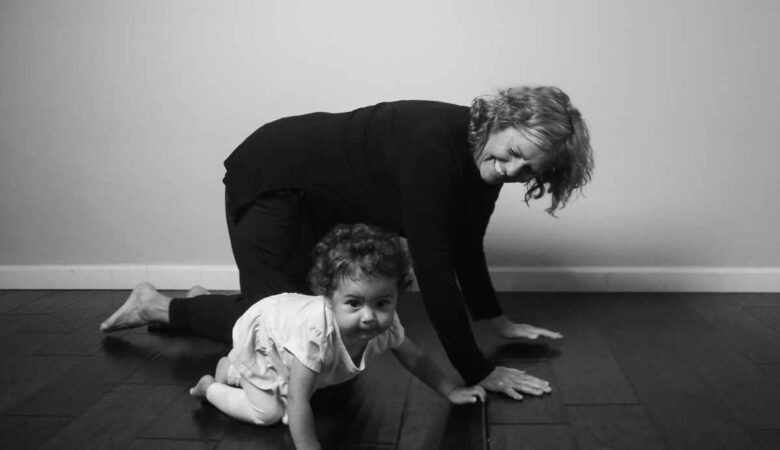Reading Time: 6 minutes This post is part of our Cortex Conversations series, a series of blog posts written by our members who have completed our program and want to share reflections on a life lived in the cortex! It’s been said repeatedly that parenting is one of the hardest jobs that there is.












